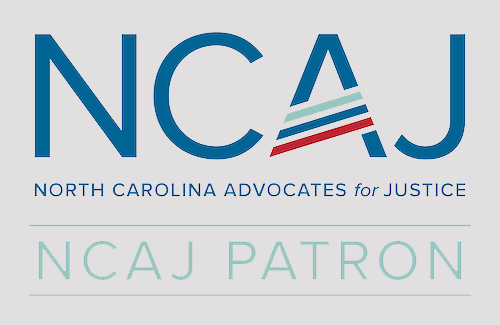Child Custody

Child Custody
A natural parent’s or grandparent’s right to make decisions and spend time with their children is determined in a child custody case. There are no formulas or blueprints for the right custody arrangement. A careful understanding of each parent’s schedule, circumstances, involvement and desires is critical in advocating for our client’s role in raising their children. Know your rights before you make any custody decisions.
Related Practice Areas
View More Practice Areas
Ask a Question,
Describe Your Situation,
Request a Consultation
Call (336) 904-9000(336) 904-9000, or fill out the short form below. Don’t hesitate; your questions are welcome.
Required Fields*
Your Information Is Safe With Us
We respect your privacy. The information you provide will be used to answer your question or to schedule an appointment if requested.
Ask a Question, Describe Your Situation, Request a Consultation. Call Us: (336) 904-9000
Ask a Question, Describe Your Situation, Request a Consultation. Call Us: (336) 904-9000
Our Latest Blogs
Facing a DWI Charge in Reidsville, NC? Here’s What You Need to Know About the Penalties
March 1, 2024
Eric RichardsonSuing For Wrongful Death: How to Determine if You Have a Wrongful Death Claim in Reidsville, North Carolina
January 1, 2024
Eric RichardsonNew Greensboro Bar Association President in 2020
December 5, 2023
Eric Richardson











